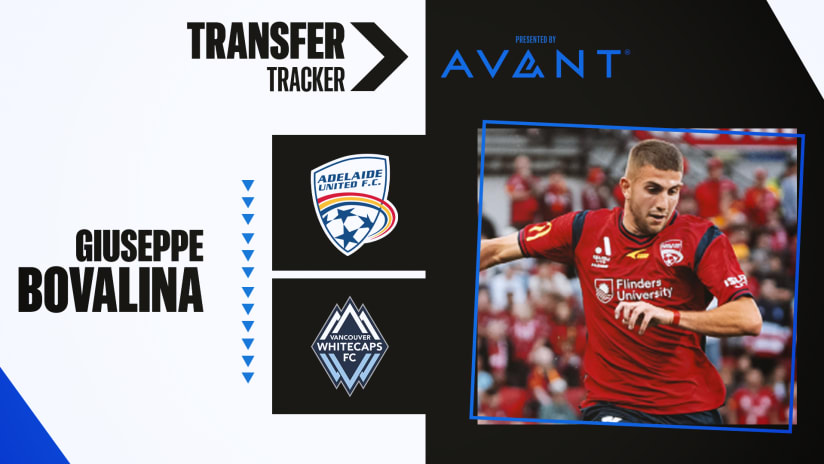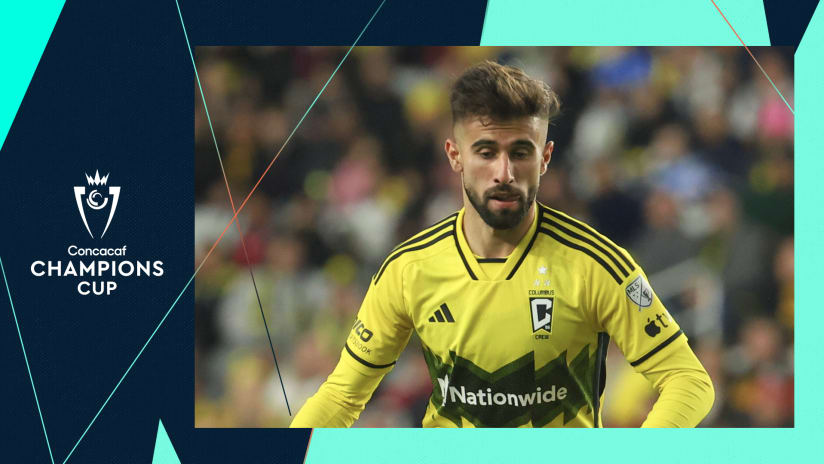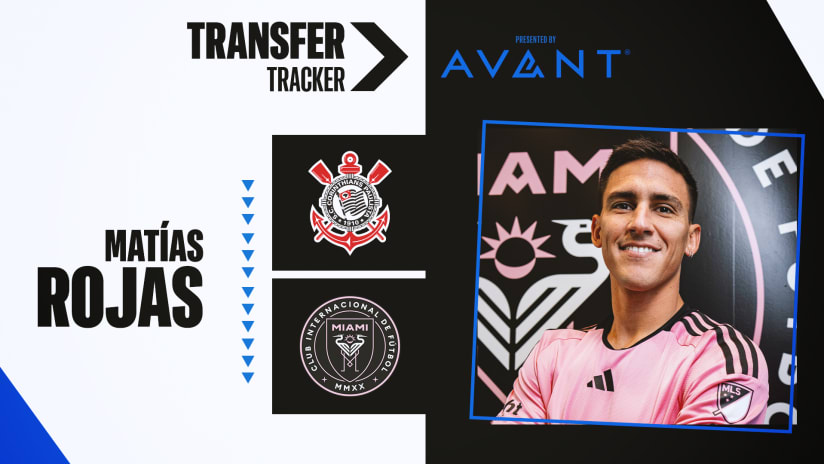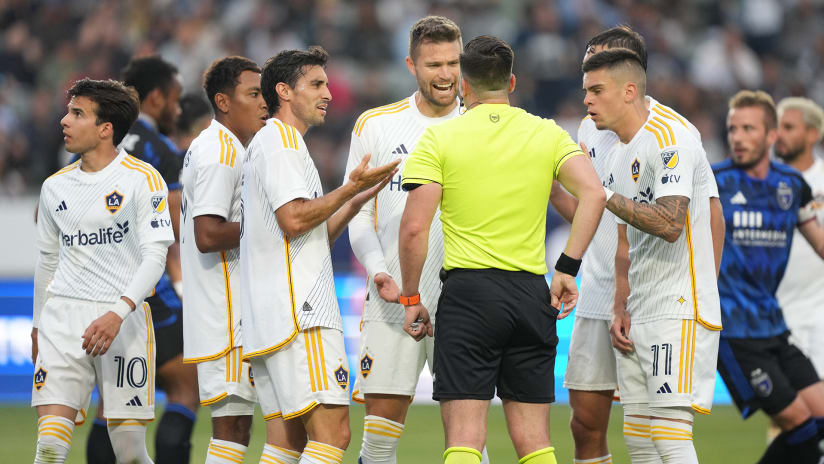Even before the first ball was kicked, there were indications that the World Cup championship game would be a special affair.
Before host Uruguay and archrival Argentina squared off in Montevideo in 1930, there was a controversy over which ball to use, the story goes.
Each side wanted to use its own ball. In a decision worthy of Solomon, referee Jean Langenus of Belgium decided to use the Argentines' ball in the opening half and the Uruguayans' in the second half. With their ball, the Argentines grabbed a 2-1 halftime advantage. With their ball in the final half, the Uruguayans rallied with three consecutive goals en route to a 4-2 victory.
A day later, Uruguayans literally danced in the streets as a national holiday was declared to celebrate the title. In Buenos Aires, Argentines stoned the Uruguayan consulate. The world of soccer never would be the same.
Of course, there would be no controversy over the ball today because there is an official ball of the World Cup. In fact, on Sunday, a ball made just for the final -- a golden ball -- will be kicked around by Italy and France at Olympic Stadium (ABC, 2 p.m. ET).
Still, the world championship game has given the soccer world more than its share of drama, last-minute heroics, controversy, grace and elegance, and disgrace and confusion.
For grace and elegance, Brazil's wins from 1958 and 1970 stand out.
The 1958 tournament forever will be known as an event in which a 17-year-old named Edson Arantes do Nascimento -- also known as Pele -- made his World Cup debut. But Brazil proved to be far from a one-man show as the host Swedes and other opponents discovered. After allowing Sweden to take a 1-0 lead three minutes into the affair, Vava and Pele went to work. Vava struck twice in the opening half and Pele duplicated the feat in the second half in what turned into a 5-2 Brazilian triumph, the first time a team won a World Cup title out of its hemisphere.
Four years later in Chile, Vava made history by becoming the first player to score in two consecutive finals in Brazil's 3-1 victory over Czechoslovakia. Pele, incidentally, was forced to miss four matches, including the final encounter, because of a pulled muscle. His replacement, Amarildo, didn't miss a beat, scoring four goals, including the equalizer in the championship game.
After being eliminated in the first round in England in 1966, Pele and company wound up in the driver's seat in Mexico four years later. Their opponents were Italy, which managed to battle to a 1-1 halftime tie despite a goal by Pele. The Brazilians, however, took things into their own hands, or in this case their feet, in the final half as Gerson, Jairzinho and team captain Carlos Alberto scored goals during a 21-minute span. No one realized it at the time, but it would be the lst time Brazil would reach the finals of the World Cup in 24 years.
That came in the 1994 tournament hosted by the United States. After scoring at least one goal in their previous six matches, the Brazilians almost met their match in the championship game before a crowd of 94,194 at the Rose Bowl against Italy. The Italians, ravaged by injuries to key players and yellow-card and red-card suspensions, managed to play Brazil to a scoreless draw over 120 minutes of regulation and extra time.
In the first World Cup decided by a penalty kick shootout, the Brazilians prevailed as team captain Dunga converted his attempt as Brazil recorded a 3-2 tie-breaking win. The tournament, which gave birth to MLS, ended on a downer of a note as Italy's great hope, Roberto Baggio (aka the Divine Ponytail) booted his attempt way off the crossbar and into a stunned crowd.
For disgrace, that's easy -- West Germany's 1-0 victory over Argentina at Italia '90 wich in some respects, was an appropriate ending to a dreadful World Cup. The Germans came to play soccer, the Argentines, well, soccer observers are still trying to figure out what they were trying to accomplish at Olympic Stadium in Rome. They had maybe two scoring opportunities before Pedro Monzon was red-carded in the 65th minute -- the first player to be given his marching orders in a final -- for tripping Juergen Klinsmann (the current German coach).
Defender Andreas Brehme converted a penalty kick with six minutes remaining in regulation for the lone score on a controversial call -- referee Edgardo Codesal of Mexico ruled that defender Roberto Sensisi tripped forward Rudi Voeller in the penalty area, although many observers agreed it was a marginal call.
Three minutes later, Argentine forward Gustavo Dezotti was ejected for grabbing defender Juergen Kohler by the neck as his teammates continued to argue with Codesal after the final whistle.
Confusion? Try 1950.
Instead of having a knock-round following the opening round, a group system was used, pitting the opening-round winners -- Brazil, Sweden, Spain and Uruguay in a round-robin system in Brazil. As luck had it, the last game of the round and the tournament turned out to be for all of the marbles as favored Brazil and Uruguay squared off before a World Cup record crowd of 199,854 at Maracana Stadium in Rio de Janeiro.
The Brazilians who needed but a tie to claim their first title, struck first on a goal by Cardosa Friaca two minutes into the second half. With a lead before a heavily partisan crowd, Brazil coach Flavio Costa tried to send instructions to forward Jair to drop back to defense, but he never got the message.
Uruguay continued to press forward and Juan Schiaffino netted the equalizer in the 66th minute and Alcide Ghiggia put home the game-winner with 13 minutes left in a 2-1 Uruguayan vitory before a stunned crowd and nation.
It wasn't the only time Brazil stunned the world the wrong way.
In 1998, they were heavily flavored to walk away with their fifth crown against host France at Stade de France. But, in many respects, the match was decided prior to kickoff when star striker Ronaldo had a seizure that left him in less than optimum shape. Two starting lineups were passed out to the media -- one without Ronaldo and one with him in the lineup.
Ronaldo started, but he certainly was far from his spectacular self as a shaken Brazilian side could never get its rhythm going or act together.
The French certainly did as Zinedine Zidane struck for not one, but two headers off corner kicks in the first half -- the Red Bulls' Youri Djorkaeff sent in the second one. France added a third goal in the second half en route to a 3-0 triumph.
Four years later in 2002, Ronaldo produced a soccer resurrection of mythical proportions, striking twice in Brazil's 2-0 win over Germany in Yokohama, Japan, giving the South Americans an unprecedented fifth world championship.
"I don't feel in debt to anyone but a weight has been lifted from my conscience," said Ronaldo, who struck for a Cup-best eight goals. "I'm free. All this celebrating would have happened four years ago, but destiny was that we would have to wait until 2002."
Ronaldo took advantage of a rare blunder by German goalkeeper Oliver Kahn -- voted the Golden Ball winner by the media -- for the first goal in the 67th minute. He displaced Dietmar Hamann of the ball outside the penalty area to give Brazil possession. Rivaldo then sent in a long drive that Kahn fumbled as an onrushing Ronaldo stuffed home the rebound.
As if to prove the first one was not a mistake, the 25-year-old striker whipped in a 16-yard bullet in the 79th minute, thanks to a nifty dummy by Rivaldo.
West Germany showed an amazing amount of resiliency to clinch the 1954 title, which began an incredible run of eight Final Four appearances in 10 World Cups (the Germans have won three titles and advanced to the final on three other occasions). The Germans and heavily favored Hungary square off in Berne, Switzerland -- a rematch of their first-round game. In that earlier meeting, the Magic Magyars rolled to an 8-3 triumph over Germany, which had fielded a lineup that did not include several regulars. What happened? Coach Seep Herberger figured out that if his team lost to Hungary, it would avoid playing the talented Brazilians in the quarterfinals. Herberger's plan worked perfectly.
Instead, the Germans would meet Turkey or the Soviet Union in a special playoff and that winner would play Yugoslavia in the quarterfinals.
In the final, Germany started its full lineup this time, although Hungary played as though it did not care who suited up for the opposition, notching goals by Sandor Kocsis and Zoltan Czibor in the opening eight minutes. The Germans, however refused to die, tying the match in the 18th minute as Maximilian Morlock and Uwe Rahn struck back. The score stayed that way until the 84th minute, when Rahn picked up a Hungarian clearance, ran into the penalty area and beat goalkeeper Gyula Grocsis.
The victory helped the German public regain some pride nine years after the end of World War II. For Hungary, it was an end of an era as it had enjoyed a 30-match unbeaten streak dating back to 1950, as the best team of the early '50s returned home numb.
The Netherlands knows some heartache, too, not once, but twice.
The Dutch are regarded as the best team never to win a World Cup. They had two great teams -- and hosts for that matter -- to overcome.
In 1974, the Dutch, led by the incomparable Johan Cruyff, ran into Franz Beckenbauer-led West Germany, which posted a 2-1 victory. They started off the game on the right foot, stringing several passes together before Cruyff was taken down in the penalty area. Johan Neeskens converted the penalty kick for a 1-0 lead barely a minute into the game. Following the tradition of the 1954 match, the Germans never gave up. Defender Paul Breitner himself converted a penalty and Gerd Mueller scored his then World Cup record 14th goals minutes before halftime (Ronaldo broke the mark this year) as the hosts held on for a 2-1 victory in Munich.
The Dutch came close again in 1978, losing out to a talented Argentine team that had so much talent and ability it was able to leave an aspiring 17-year-old player by the name of Diego Maradona off the squad. That's because Argentina had such players as captain Daniel Passarella, Osvaldo Ardiles and Mario Kempes, among others. Kempes had given the hosts a 1-0 lead late in the opening half, but Dick Nanninga, who had boasted to the media before the match that he would score a goal as a substitute, did just that -- with nine minutes to spare in regulation. Extra time, though, was all Argentina as Kempes struck again, with a minute left in the first 15-minute extra-time period, and Ricardo Bertoni added an insurance score with six minutes remaining for a 3-1 win over Buenos Aires.
A more mature and experienced Maradona led Argentina to the title eight years later before a crowd of 114,590 at Azteca Stadium in Mexico City. While he did not play a major role for most of the final match and did not score a goal, he did set up the game-winner.
First, teammates Jose Luis Brown (22nd minute) and Jorge Valdano (55th minute) had given the Argentines a 2-0 advantage. But West Germany, not surprisingly, staged one of its patented comebacks, striking twice within the final 17 minutes via a couple of corner kicks started by Brehme.
Karl-Heinz Rummenigge headed home the first in the 73rd minute and Voeller tallied in the 81st minute. But the seemingly emotionless Germans proved to be human. While still euphoric over the tying goals, the Germans allowed Jorge Burruchaga to break free at midfield. Noticing his teammate by himself, Maradona blooped an innocent looking pass to Burruchaga, who beat goalkeeper Toni Schumacher with seven minutes left.
Both palyers, as it turned out, trained their reputations in later years, Maradona with a drug scandal in Italy, Burruchaga in a match-fixing scheme with Olympique Marseille in France. But for at least for a day they were kings of the soccer world.
For drama, excitement and controversy, nothing can beat the 1966 final between England and West Germany in Wembley Stadium in London. This encounter had plenty of twists and turns. First, Helmut Haller gave the Germans a 1-0 edge 12 minutes into the match, but Geoff Hurst tied it for the English six minutes later. The score remained that way until the 78th minute, when Martin Peters put the hosts into a 2-1 lead. It looked like England would finally capture its first World Cup title. But as time was running out, Wolfgang Weber managed to put one past goalkeeper Gordon Banks for a 2-2 deadlock.
In the locker room, England coach Alf Ramsey told his troops, "You've beaten them once this afternoon. Now go out and do it again."
Some 11 minutes into the first extra-time period, Hurst scored one of the most controversial and talked about goals in soccer history, firing a shot that bounded off the crossbar and into the goal. Or did it? Linesman Tofik Bakhramov, then of the Soviet Union (which is now Azerbaijan), said yes, it was a goal, despite protests from Beckenbauer and his Germany teammates. Hurst added his third goal in the final seconds to become the only player to record three goals in a championship match.
"I believe the goal was in," Hurst said years later. "When you play in the final, you believe the goal was in. ... I don't think anyone has proved the goal didn't cross the line.
"It is one of the most, if not most controversial goals in world sports. It is still talked about today."
There was no controversy when Italy captured its third crown as the team of destiny in Madrid Spain in 1982. It was Paolo Rossi's tournament. Rossi had been banned from the game for two years due to a match-rigging scandal (sound familiar Italian fans of today?) and had a mere six weeks to train and get back into shape.
After a mediocre opening round, Rossi caught fire later on, connecting for a hat-trick in a 3-2 win over Brazil and both in a 2-0 semifinal triumph over Poland. So, it was fitting that Rossi scored the first goal in the final in the 57th minute against West Germany after teammate Antonio Cabrini missed a penalty kick. Marco Tardelli and Alessandro Altobelli went on to score second-half goals before Breitner connected for the Germans with seven minutes remaining. But it was too little and too late to beat this team of destiny as the Italians won, 3-1.
In 1934, Italy managed to walk away with a 2-1 extra-time win over Czechoslovakia in Roma as Angelo Schiavio scored on a shot that sailed under the crossbar five minutes into the extra period. The Italians were fortunate to get into extra time as Raimundo Orsi answered back Antonin Puc's goal with only 10 minutes remaining in regulation.
Four years later in Paris, France, the Italians became the first country to win two World Cup titles and successfully defended their crown with a 4-2 triumph over Hungary as Silvio Piola collected a pair of goals, one in each half.
Can Italy make it a fourth championship? Tune in this Sunday afternoon to find out.
Michael Lewis writes about soccer for the New York Daily News and is editor of BigAppleSoccer.com. He can be reached at SoccerWriter516@aol.com. Views and opinions expressed in this column are the author's, and not necessarily those of Major League Soccer or MLSnet.com.










